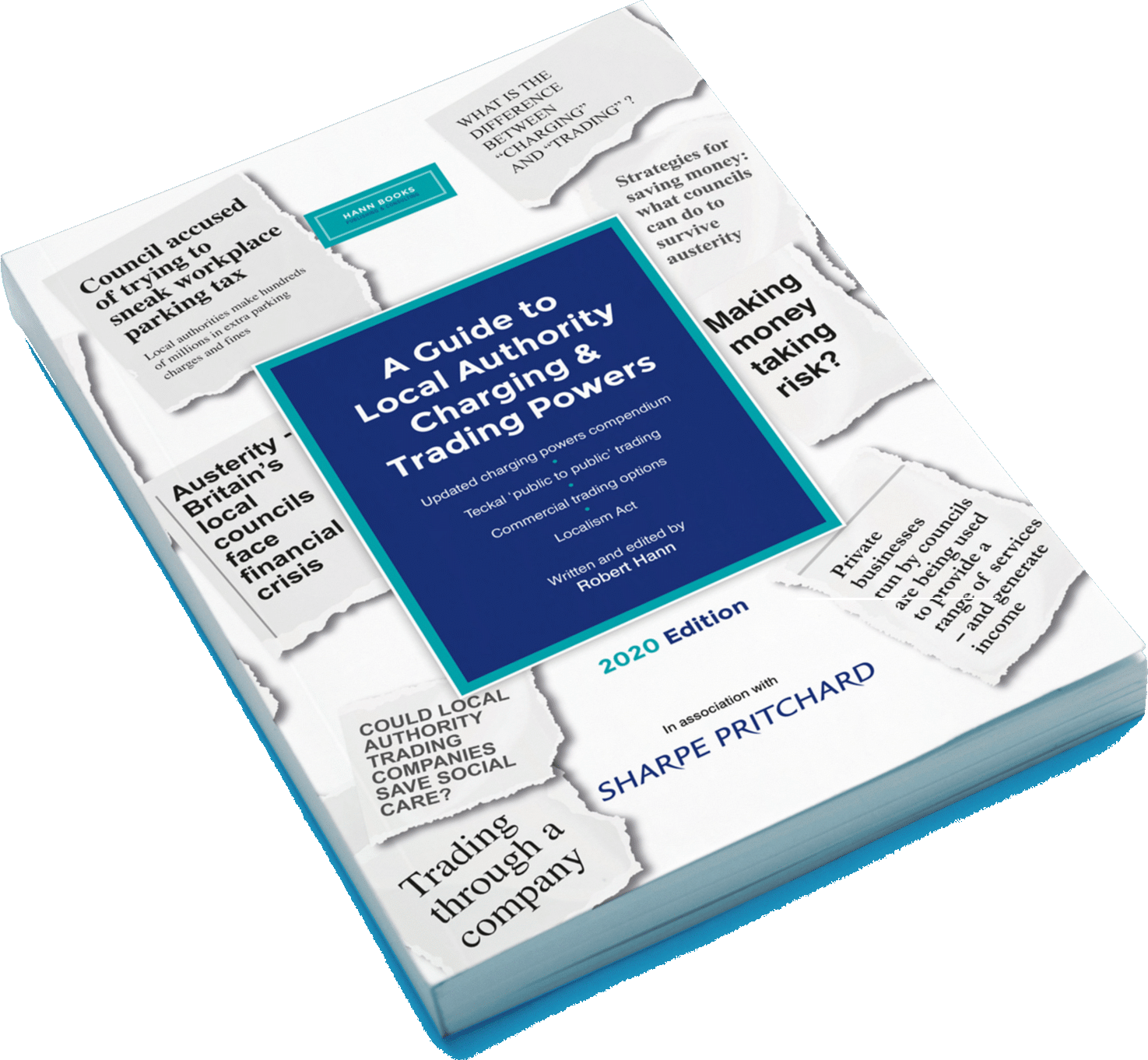Bitesize PPAs – local authorities and ‘private wire’ power purchase agreements
![]() In a blog series Steve Gummer and Tom Knox explore the different types of power purchase agreements (“PPAs”) available for local authorities to consider when procuring (or indeed generating) electricity.
In a blog series Steve Gummer and Tom Knox explore the different types of power purchase agreements (“PPAs”) available for local authorities to consider when procuring (or indeed generating) electricity.
This week, we provide a bitesize snapshot of the benefits of ‘private wire’ PPAs, as well as the legal treatment of such arrangements and heads of terms that local authorities will need to consider.
What are private wire PPAs?
Private wire PPAs are contracts for the direct provision of, and payment for, electricity from a renewable energy source between a generator and an ‘offtaker’ (or a consumer) over a private wire network. Electricity is supplied by a generator to an offtaker outside of the national grid, as an alternative to purchasing electricity from a licensed supplier.
Common examples of private wire arrangements include the generation and supply of electricity from:
- solar photovoltaic cells that are installed on top of buildings (rooftop solar);
- ground mounted solar farms; and
- energy from waste plants.
Cost benefits
A clear benefit from a private wire arrangement is that the parties are able to negotiate an electricity price that is cheaper than obtaining electricity from the National Grid. Private wire arrangements allow both generators and offtakers to bypass National Grid related pass-through costs, such as distribution and transmission charges.
Further benefits of private wire PPAs

Local authority success stories
- Portsmouth City Council – the Solar Power for Schools Programme launched by Portsmouth City Council has resulted in the installation of solar panels on 80 schools reducing both the cost of energy bills and carbon emissions by around 1,300 tonnes.
- Northumberland County Council – the Council launched a solar car port to cover a canopy of a parking area made of photovoltaic cells which is claimed to provide around 40% of the Council’s headquarters’ energy requirements.
Legal considerations
Local authorities have the ability to invest in and develop their own renewable energy projects to provide electricity via private wire arrangements, as well as obtain electricity from renewable energy sources themselves (subject to procurement rules). Private wire PPAs are often relatively simple contracts through which govern how local authorities sell or buy electricity as appropriate.
However, the legal treatment of such arrangements needs to be considered carefully. In particular:
- The Electricity (Class Exemptions from the Requirement for a Licence) Order 2001 – a relatively complex piece of legislation that governs the exemptions to the need to hold a license for the generation, distribution, and supply of electricity. Failure to comply with the rules concerning the exemptions can result in a criminal conviction(!)
- Land law and third-party consents – depending upon the private wire arrangement, the necessity of rooftop leases (for rooftop solar), easements, and other consents (which may be needed where a private wire network extends over a third party’s land) will need to be considered alongside a private wire PPA.
- Environmental compliance – private wire projects may impact environmentally sensitive areas or properties subject to conservation easements. Ensuring compliance with environmental regulations and obtaining necessary permits is essential to mitigate legal risks and avoid potential fines or penalties.
Heads of terms
The following provisions should be considered in particular for any heads of terms for a private wire PPA:
| Term | The duration of the agreement should be considered in terms of, amongst other things, cost stability and energy security |
| Quantity of electricity/intermittent generation |
Consider:
|
| Pricing and consumption/resale options |
Consider:
|
| Maintenance and Access | The maintenance obligations and access rights should be carefully considered out to ensure a clear process for any necessary or scheduled maintenance of the asset |
| Insurance | Consider what insurances are needed as appropriate |
| Termination | Consider adequate termination provisions are in place to guard any important interests |
Steve Gummer is a Partner and Tom Knox is an Associate at Sharpe Pritchard LLP.
For further insight and resources on local government legal issues from Sharpe Pritchard, please visit the SharpeEdge page by clicking on the banner below.
This article is for general awareness only and does not constitute legal or professional advice. The law may have changed since this page was first published. If you would like further advice and assistance in relation to any issue raised in this article, please contact us by telephone or email This email address is being protected from spambots. You need JavaScript enabled to view it.



